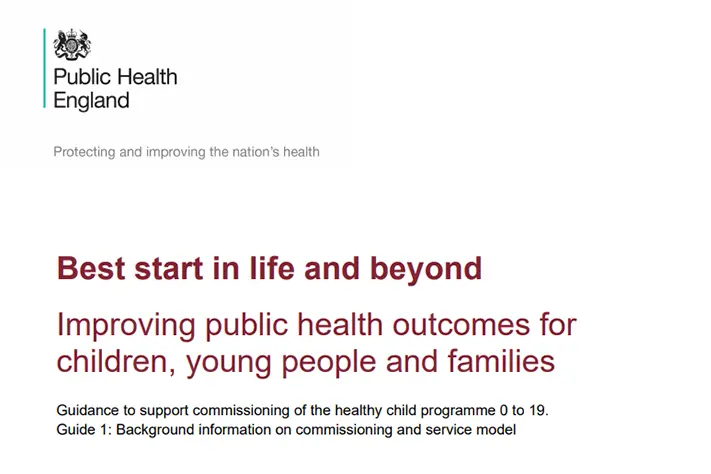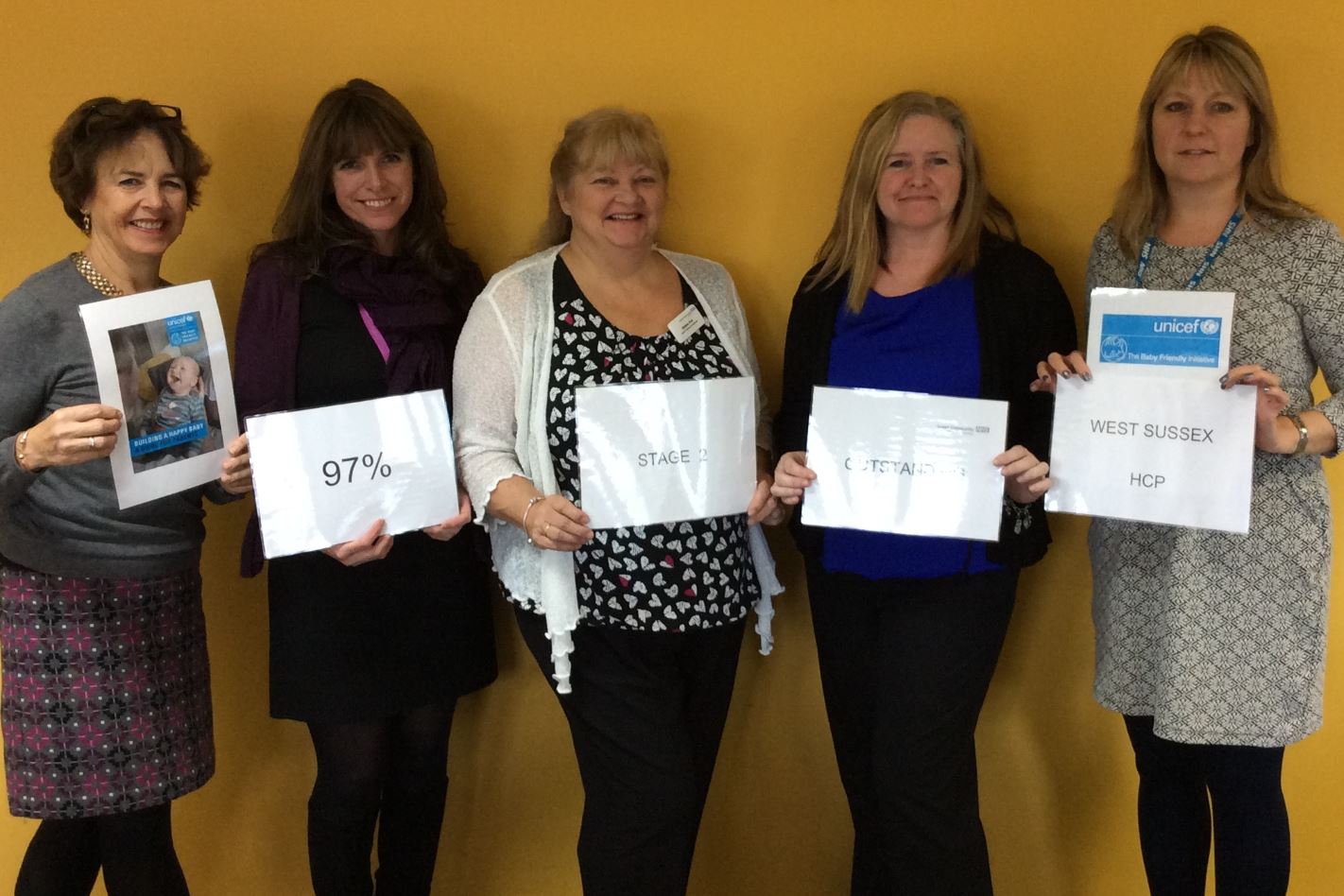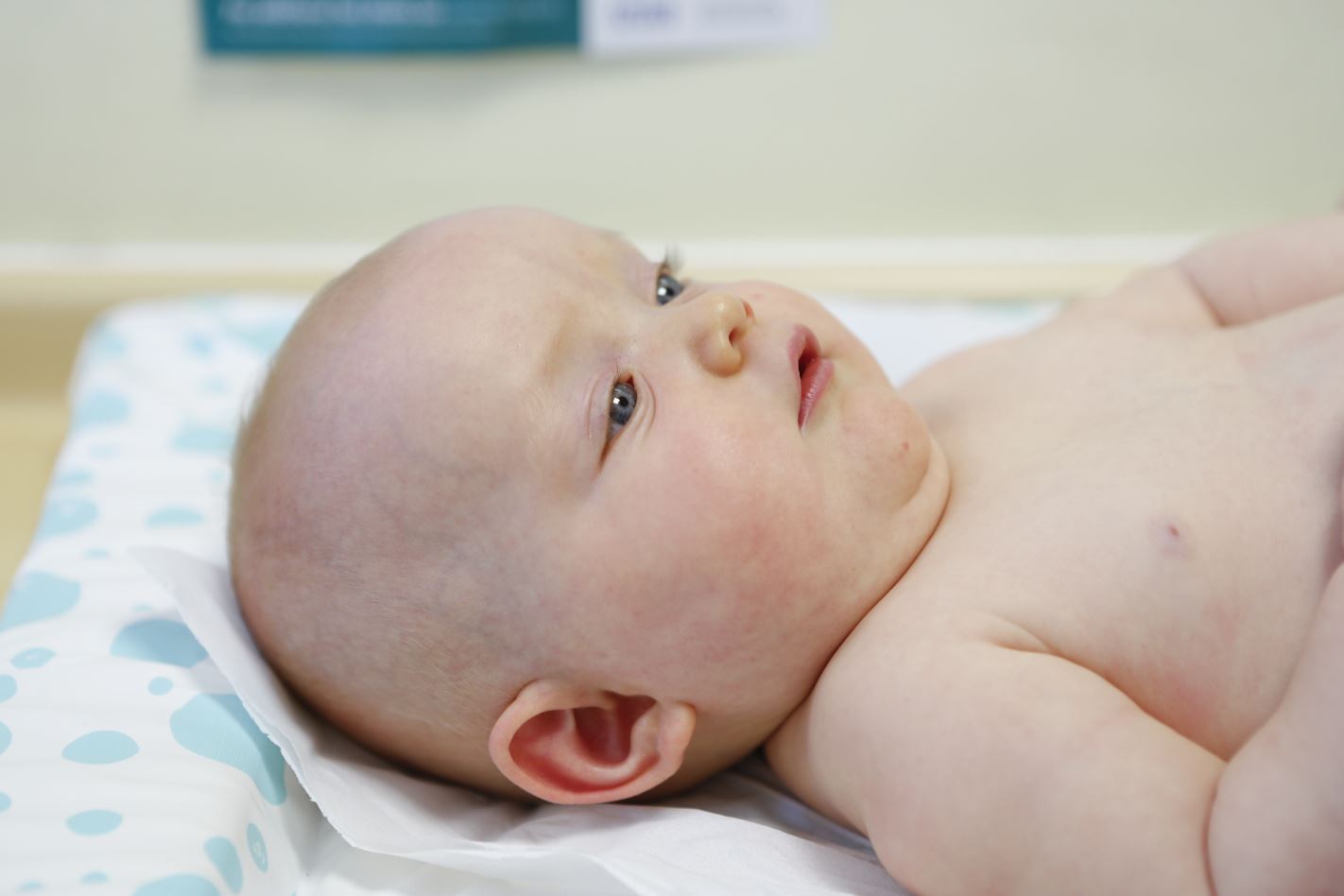The NSPCC is calling on the Government to implement an updated and improved Healthy Child Programme alongside a robust NHS workforce plan.
Today, the NSPCC gained widespread print coverage on their health visiting story which highlighted that more than 84,000 babies have missed out on their new birth visit, in their first two weeks of life, last year.
Their story lays bare the figures from the Office for Health Improvement and Disparities (OHID) which showed a steep decline in the proportion of babies receiving a new birth visit by 14 days in England, from 88% in 2020/21 to 83% in 2021/22. The NSPCC also highlighted the wide variation of delivery between local authorities and the national workforce shortage of 5,000 health visitors in England.
The NSPCC is calling on the Government to implement an updated and improved Healthy Child Programme alongside a robust NHS workforce plan which will help give health visitors the resources and tools they need to adequately support families right from the start of a child’s life.
The story was covered in print in The Independent, Express, Daily Star, The i, Daily Telegraph, The Sun, Metro and Mirror and online in the Daily Mail as well as regional and online outlets.
There was also broadcast coverage on Sky News as well as Good Morning Britain and across commercial radio stations.
Jack O’Neill, NSPCC senior policy and public affairs officer, said:
“It is vital that families receive that crucial first health visit as soon as possible after a child is born to ensure parents and the new baby are living in a safe and healthy environment”, and “called on Government to improve the Healthy Child Programme and boost health visitor numbers”.
Georgina Mayes iHV Policy and Quality Lead said:
“We welcome the support and ongoing pressure from NSPCC to ensure that every baby gets the best start in life. Too many babies and children are currently missing out on vital health visitor mandated contacts. This matters as we now have unequivocal evidence on the importance of the earliest years of life – but we also know that becoming a parent can be a particularly challenging time for many families. Having access to the right support can make a big difference and can prevent small problems reaching crisis point. Sadly, too many families are missing out on the support that they need due to an almost 40% reduction in the number of health visitors, alongside rising levels of need.”
The situation is serious but it’s not too late to change direction and for the Government to ensure there is sufficient funding to deliver the Healthy Child Programme in full, including a national workforce strategy to address the shortfall of 5,000 health visitors in England. Whilst we welcome the Government’s workforce pilots announced in the autumn budget, and restatement that health visitors are one of six essential services, action to address the health visitor workforce shortages cannot wait another 2 years. Urgent action is needed now to put the brakes on and prevent further losses. The longer that this is left unaddressed, the harder it will be to deliver the Start for Life vision and rebuild the health visiting service in England.
The iHV would like to say a huge heartfelt thank you to the NSPCC for their unwavering support of health visiting and for championing babies, children and families. We would also like to say a special thank you to Jack O’Neill (NSPCC Senior Policy and Public Affairs Officer) and Pierre Hyman (NSPCC Policy & Public Affairs Manager) for leading this media story which has received excellent coverage.





